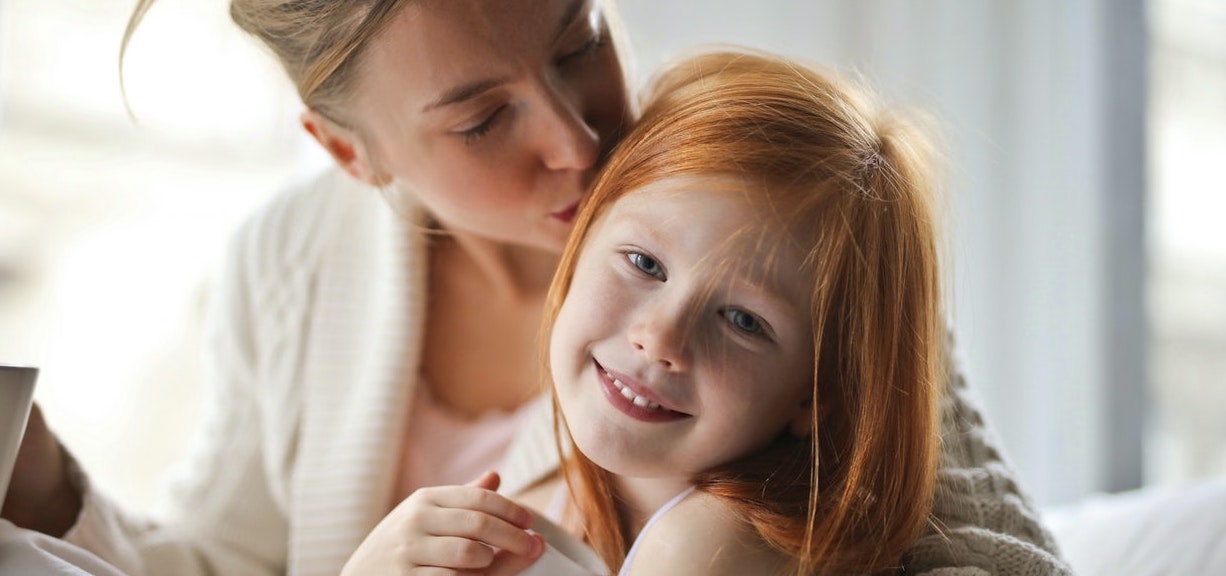‘What, adults are actually allowed to smack their children?’
I’ll always remember my then 7-year-old son’s disbelief after I began publicly campaigning for equal protection.
I was an academic at Cardiff University at the time, making the case along with many others in the field that Wales needed to catch up. Today, over 60 countries worldwide have given their children equal protection in the law from physical punishment.
We have finally caught up, but it’s been a long process.
I know many children across Wales would have a similar response to my son’s. After all, the change in the law reflects a shift in public attitudes – a shift to positive parenting practices, a recognition that children are equal citizens with their own human rights, and a focus on managing conflict calmly and respectfully. Every child in every school is taught that physical violence is not the answer, and that our everyday disagreements are best solved through words. Smacking somebody to get them to do what you want them to do is completely at odds with that approach.
As adults, we do not accept physical violence in our relationships. Now, we are clear as a nation that we do not accept it in our children’s relationships either.
Research shows that smacking children can have a negative, lifelong impact on their health and behaviour. As an academic, my main focus was on emphasising this clear and comprehensive evidence. I’ve continued to do this as Children’s Commissioner, but as the person tasked with promoting and protecting children’s rights in Wales, I’ve also been making the case that until now the law has been incompatible with those rights.
Every child has specific human rights under the UN Convention on the Rights of the Child, which in itself is a recognition that children are inherently more vulnerable than adults and need extra protections. They include rights to safety, to health, and to reach their full potential. It is the most widely ratified human rights treaty in the world.
To deny children equal protection from physical punishment is to deny them their human rights. It also offers them less protection than adults, despite their increased vulnerability. There are no other areas I can think of where as adults we would accept our children being less protected than ourselves.
Clearly, not everyone has agreed with me or my like-minded peers down the years. At times, campaigning for change felt like an uphill struggle and was met with fierce resistance. Of course, change is always met with mixed responses. But who now would argue to smoke in a pub? Who now would argue to make seatbelts a choice, instead of law? In a few years’ time, I doubt anybody would be taken seriously if they campaigned to remove this stronger protection for our children.
Thankfully, over time it’s become a less divisive issue, and I’m confident that as a nation, Wales supports this.
Of course, any change like this needs to be backed up with a comprehensive package of awareness-raising and support, and I’m proud of the work we’ve done as a country. I’m confident that Wales will use the change in the law as a platform from which to promote positive parenting and to support parents who, for a whole variety of reasons, might be struggling.
I’m also proud that this landmark piece of legislation was achieved by working in partnership. It’s been such a delight to see public services in Wales, from health to police, from senior religious leaders to the voluntary sector working as one on this historic change.
Next month marks my final month as Children’s Commissioner. When I step down from this wonderful role I’ll be content that Wales has finally prioritised children’s rights in what was, until now, an area where they were not treated as equals.
If my children decide to have children of their own one day, I’m sure they will be even more puzzled than my son was to know that smacking was once accepted.
Perhaps I’ll tell them about the part that I played in getting Wales over the line, and how grateful I was to the many others who played their part too.

